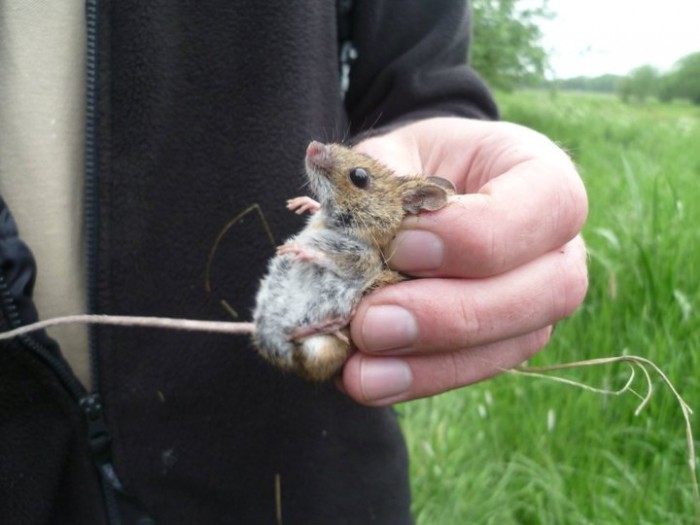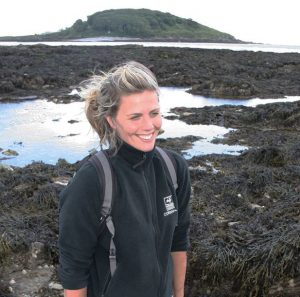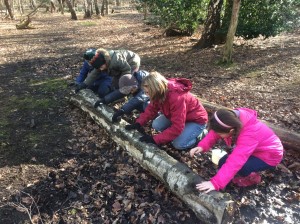Conservation Careers – Alex Taylor’s 5 Steps
Being the one to land that one in a million conservation job takes both patience and perseverance

A career in conservation is a dream for many of us, meaning that many people will be competing with you for that much coveted first job. Being the one to land that one in a million conservation job takes both patience and perseverance; and by following these 5 simple steps, you could really stand out from the crowd.
Step 1. Get qualified
Most jobs will require an academic qualification, so getting a degree is the best first step. Many universities offer courses in zoology or ecology, or even more specialized subjects such as conservation biology or countryside management.
Most budding conservationists will have a degree, so consider getting an extra qualification perhaps in IT or business to give yourself an edge and don’t feel compelled to restrict yourself to biological degrees – conservation organizations require lawyers, publicists and administrators too.
Step 2. Volunteer
When it comes to a conservation, nothing beats hands-on experience! Volunteering with your local wildlife trust is a great way to get your foot in the door. Not only will you gain insight into the workings of conservation organizations but you will also benefit from getting vital practical experience that most employers will expect you to have. Having conservation volunteering experience under your belt shows that you are seriously committed. Volunteering abroad with organizations like Earthwatch is also something worth considering because the experience you’ll get from this kind of volunteership will not only be enriching and fun but will also work as an unwritten testimony of your fundraising and budgeting skills.
Step 3. Network and keep up to date
Sometimes a job offer may find it’s way to you by virtue of how well connected you are and who you know/who knows you. So, go to conservation conferences and events where you can meet other conservationists because it’s an excellent way to build contacts and get your face known. Subscribe to relevant journals and magazines and keep up to date with new science and legislation, so that when you meet conservationists, you can impress them with your knowledge.
Step 4. Do your homework/research
Learn everything you can about the organizations you want to work for. Find out exactly what kind of work they do and aim to gain the skills they are looking for in an employee. You can even arrange informal meetings with staff members who can point you in the right direction.
Step 5. Never give up!
Finding a job can be a long and difficult process, especially in the current economic climate but keep trying because the Earth and all its inhabitants need passionate and determined people like you to fight their cause – now more than ever! So DON’T GIVE UP!
Have you you got a voluntary position to fill or have questions/comments about careers in conservation? Please feel free to leave your comments and questions below or get in touch at info@conservationjobs.co.uk





2 Comments
I am interested in such offers.
I am from the Central Department of Zoology, Tribhuvan University, Kathmandu, Nepal.
Have you had a look at our conservation jobs section? 🙂